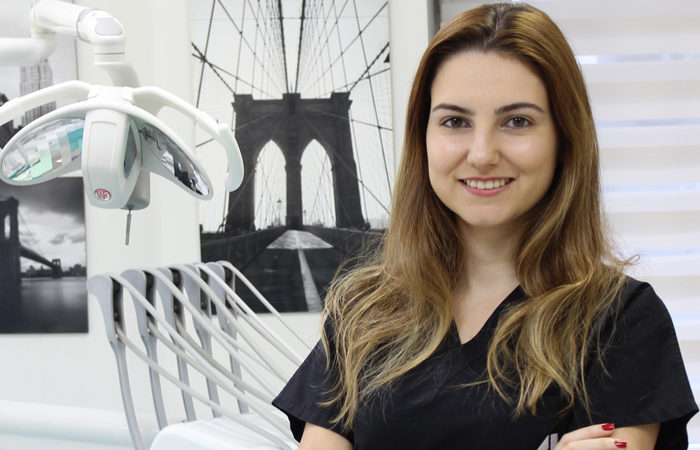What is the cause of bad breath?
Although bad breath (halitosis) can be caused by various diseases related to the general health condition, the biggest source is usually the problems in the mouth. In addition to dental calculus and gum diseases, dry mouth or decreased saliva flow can also cause bad breath. 2 basic ways to eliminate bad breath; to control the bacteria that form sulfur compounds and to destroy the sulfur compounds formed in the mouth. This is possible with good oral care, regular dentist control, dental calculus cleaning and necessary gum treatments.


